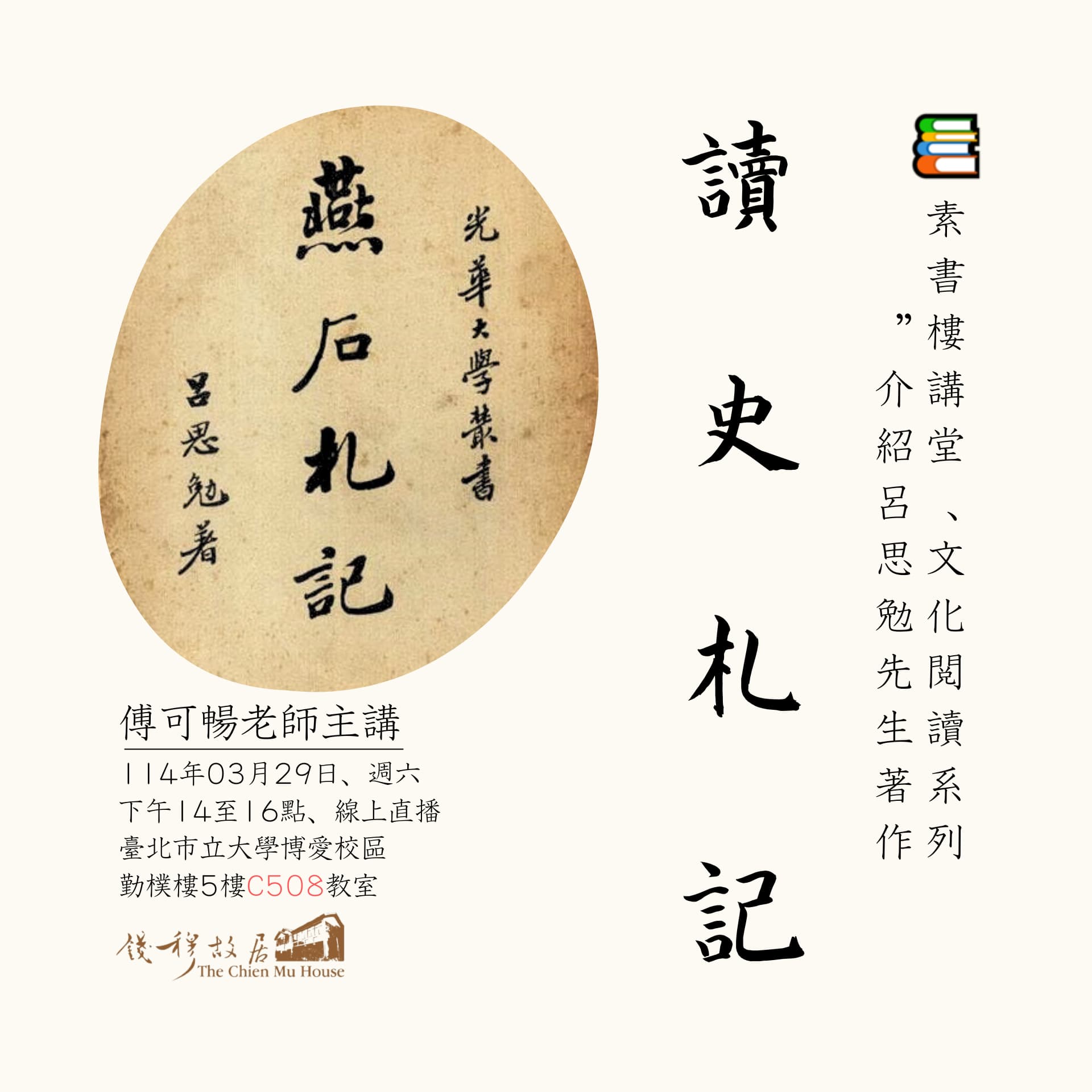https://www.beclass.com/rid=294fe5c67a1ad61d7e28
Mr. Lu Simian (1884-1957) was an important historian and educator in modern China. He was rigorous in his academic research and read the Twenty-Four Histories many times, but he was not satisfied with the Qianlong and Jiaqing textual research, but was committed to integrating it into his own thinking. He advocated that learning should be combined with reality and opposed academic pursuit for the sake of academic pursuit. However, he stayed away from politics and lived a simple life. He once said: "In conducting myself, I always take the ancient sages and scholars as my role models", but he also said that he was "deeply convinced" of Marxism-Leninism. However, it is well known that Mr. Lu is diligent and honest in his studies and is undoubtedly a scholar with his own unique ideas. Therefore, these seemingly tortuous thoughts and attitudes mentioned above actually reflect a specific context of the times and also demonstrate a transcendent life type.
Mr. Lu Simian read history throughout his life and wrote notes totaling no less than one million words, which have been highly respected by the academic community. Although it has been published over the years, there are still some omissions and deletions. In 2014, after the unremitting efforts of the editors of "The Complete Works of Lü Simian", Mr. Lü's historical reading notes were finally included in the ninth and tenth volumes of the "Complete Works", totaling 757 articles. The entire collection is divided into five volumes in chronological order, namely, Pre-Qin, Qin and Han, Wei, Jin, Southern and Northern Dynasties, Sui and Tang Dynasties and below, and General Dynasty. It is not difficult to see that Mr. Lu's four historical works were written on the basis of these notes.
The gentleman once said, "When I was a child, I started taking notes when I read, and I have not stopped doing so until now. I have been reading for a long time and have accumulated quite a lot of manuscripts." He also said, "When I was young, I read history, and my favorites were "Rizhilu" and "Twenty-two Histories Notes". When I grew up a little, I also admired "Seventeen Histories Discussions" and "Guisi Leigao". Now, when I reflect on myself, I am far behind Mr. Gu, but I can almost match the rest of my family." This shows how much importance and effort the gentleman attached to taking notes. Therefore, some people even call this "Notes on Reading History" a magnificent masterpiece representing Mr. Lu Simian's highest achievement in historiography.
In fact, Mr. Qian Mu also highly praised "Notes". He once said that since the Song Dynasty, most of the first-class works are of this type. Because this genre allows authors to save energy on writing and use it to read and think; and for readers, they can often gain more insights through the essence of short stories. On March 29, 2015 at 14:00, we invite everyone to come to the classroom and read "Notes on Reading History" with Professor Fu Kechang to get a glimpse of this historian's unique experience in reading and his method of note-taking. Perhaps we can also be inspired and gain perspective in reading history from the fragments in his notes.
The course live broadcast URL will be announced on the "Qian Mu Former Residence-YouTube Channel" and "Qian Mu Former Residence-FB Fan Page" after the course starts! Everyone is welcome to ask questions and discuss in the comment section!
# Lü Simian # Notes on History
# Notes # Notes # Manuscript
#Rizhilu#Twenty-two History Notes
# Lu Simian Complete Works # Gu Yanwu
# free course # historical thought
# Fu Kechang # Su Shulou Lecture Hall
# Former Residence of Qian Mu # Online Course

0






